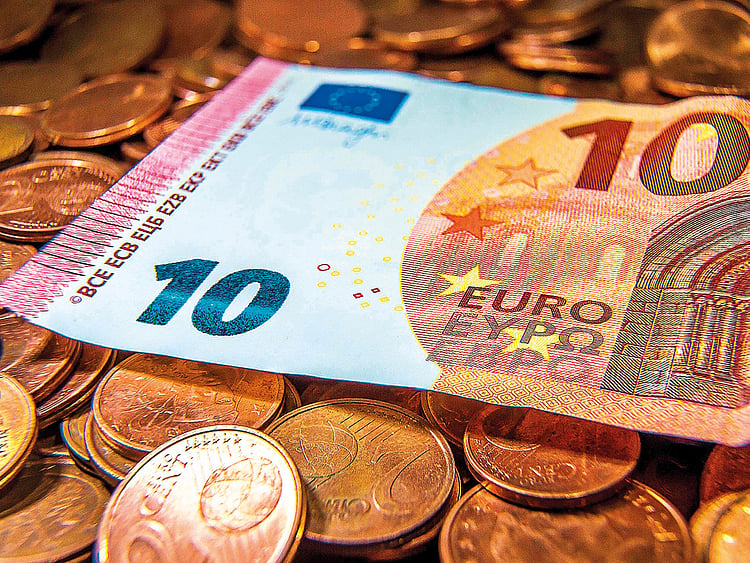Digital euro moves closer: EU agrees key framework, what it means for you
Eurozone takes key step; digital euro could change payments, savings, daily transactions

Dubai: Europe is taking a concrete step toward its own digital currency. Eurozone finance ministers recently agreed on how much money individuals will be allowed to hold in a future digital euro, a milestone in a project championed by the European Central Bank (ECB) since 2021.
ECB President Christine Lagarde called the move “a good step in the right direction,” while Spanish Economy Minister Carlos Cuerpo said most of the work is done and a broader deal among EU countries could happen in 2025. The digital euro aims to reduce reliance on foreign payment providers like Visa and PayPal and offer a European alternative to US dollar-backed stablecoins.
What the agreement means
The latest accord sets the process for establishing holding limits for the digital euro. But the currency still requires approval from the European Parliament, and lawmakers are divided. Some favor private-sector solutions, and commercial banks worry deposits could move to the digital euro, even though it won’t pay interest and limits on holdings are planned.
The ECB also plans to address privacy concerns, developing offline payment options that could be almost as anonymous as cash.
Why it matters for everyday life
For readers, the digital euro could eventually change how you pay, save, and interact with money:
Daily payments: You might use the digital euro for groceries, online shopping, or bills, without needing Visa, PayPal, or other intermediaries.
Offline transactions: Planned offline functionality would allow transactions even without an internet connection, providing privacy similar to cash.
Limits on holdings: There will be a cap on how much money can be stored digitally, to prevent disruption to traditional banks.
Global competitiveness: Europe is preparing an alternative to dollar-backed stablecoins, offering a secure, locally governed option.
Implications for businesses
Retailers, fintech companies, and banks may need to adapt systems to handle digital euro transactions. Banks may also develop new accounts or services to work alongside the digital currency.
Next steps?
The ECB will propose the maximum holding limit.
EU member states will have six months to approve or amend it.
The European Parliament will finalize the legal framework.
Experts say the digital euro could take a couple of years before it is widely available, but the latest agreement signals that Europe is moving toward a digital money system that could reshape daily transactions, banking, and cross-border payments.
Sign up for the Daily Briefing
Get the latest news and updates straight to your inbox
Network Links
GN StoreDownload our app
© Al Nisr Publishing LLC 2026. All rights reserved.
